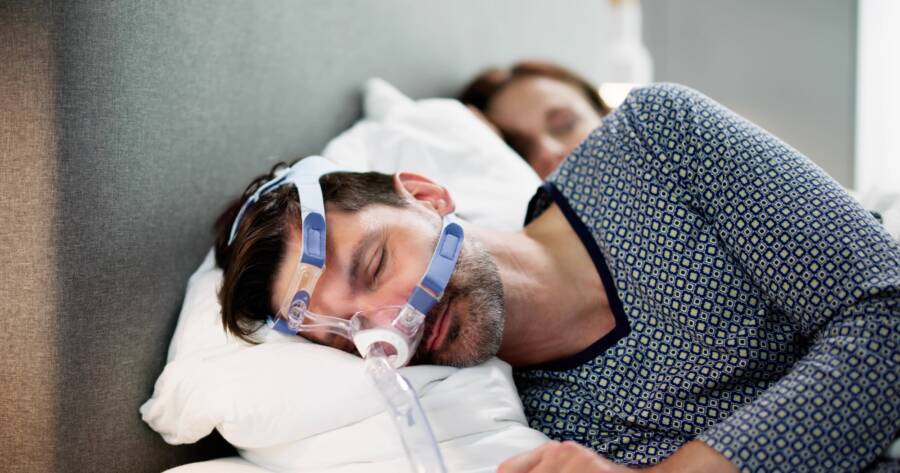Sleep apnea is a common sleep disorder that affects over 1 billion people worldwide. It causes daytime sleepiness and increases the risk of heart disease and stroke. Continuous positive airway pressure (CPAP) therapy is an effective treatment, but many people find it uncomfortable or difficult to use. Alternative treatments, such as oral appliances and surgery, may be more suitable for some individuals.
What is Sleep Apnea?
Sleep apnea is a common sleep disorder that causes individuals to experience pauses in breathing or shallow breaths while sleeping. These pauses can last for a few seconds to several minutes and can occur multiple times per hour. Sleep apnea is a serious condition that can lead to excessive daytime sleepiness, an increased risk of heart disease and stroke, and other health problems.
There are three main types of sleep apnea: obstructive sleep apnea, central sleep apnea, and mixed sleep apnea.1 Obstructive sleep apnea is the most common type and occurs when the airway becomes blocked or obstructed during sleep. Central sleep apnea occurs when the brain fails to send signals to the muscles that control breathing. Mixed sleep apnea is a combination of obstructive and central sleep apnea.
Sleep apnea is diagnosed through a sleep study, which is a test that records breathing, heart rate, and other body functions during sleep. Treatment for sleep apnea typically involves lifestyle changes, such as losing weight and avoiding alcohol and caffeine before bed. In some cases, medical treatment, such as continuous positive airway pressure (CPAP) therapy or surgery, may be necessary.
Sleep Apnea Affects Over 1 Billion People
Sleep apnea is a global health problem that affects over 1 billion people worldwide.2 The prevalence of sleep apnea increases with age, and it is more common in people who are overweight or obese.
Sleep apnea can have a significant impact on a person’s quality of life. Symptoms of sleep apnea include excessive daytime sleepiness, fatigue, irritability, difficulty concentrating, and morning headaches. Sleep apnea can also increase the risk of accidents, work-related injuries, and motor vehicle crashes.
In addition to the physical and mental health risks, sleep apnea can also have a negative impact on a person’s social life and relationships. People with sleep apnea may feel isolated and withdrawn, and they may have difficulty participating in social activities.
Alternative Treatments for Sleep Apnea
Continuous positive airway pressure (CPAP) therapy is the most common treatment for sleep apnea. CPAP therapy involves wearing a mask over the nose or mouth that delivers pressurized air to the airway. CPAP therapy is effective in treating sleep apnea, but many people find it uncomfortable or difficult to use.
There are a number of alternative treatments for sleep apnea that may be more suitable for some individuals. These treatments include:
- Oral appliances: Oral appliances are devices that fit in the mouth and help to keep the airway open during sleep.
- Surgery: Surgery may be an option for people with severe sleep apnea who do not respond to other treatments. Surgery can involve removing tissue from the airway or repositioning the jaw.
- Weight loss: Losing weight can help to reduce the risk of sleep apnea and improve symptoms.
- Avoiding alcohol and caffeine before bed: Alcohol and caffeine can relax the muscles in the throat and make sleep apnea worse.
Learn More About Sleep Apnea
Sleep is a critical part of our overall health and wellness. If you think you may have sleep apnea, or another sleep disorder that’s keeping you from a restful night, talk to your doctor. There are a number of resources available to help you learn more about sleep apnea and its treatment options.
